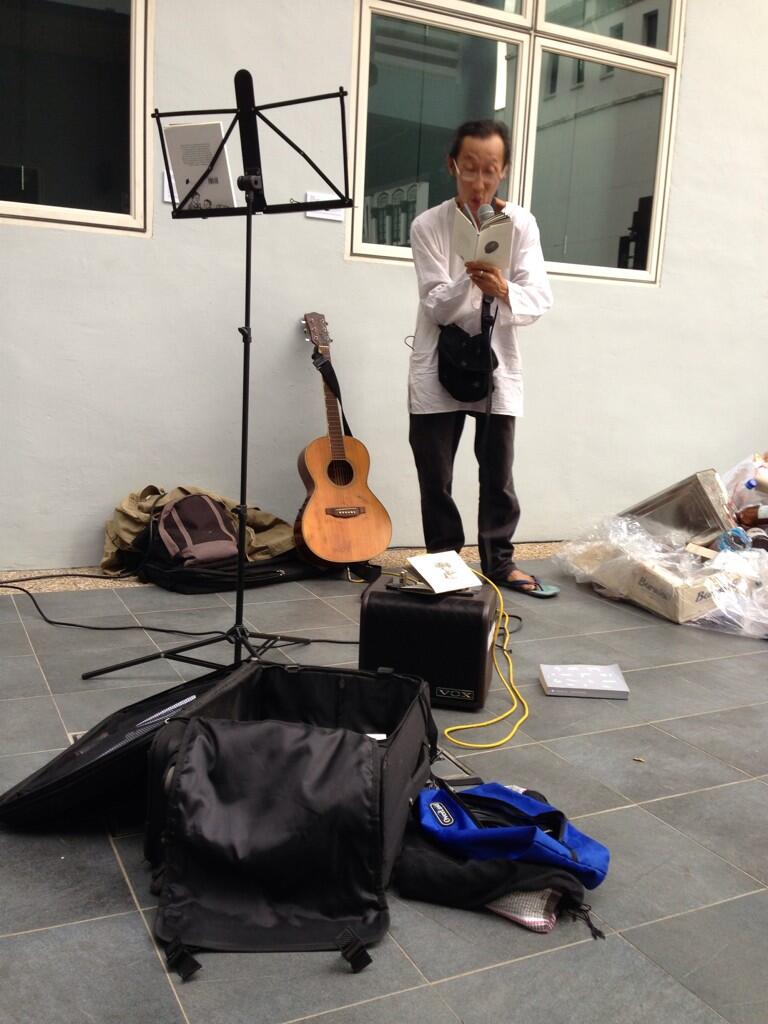Okay. This is weird. I decided to do a mega-detour to South America, because the Falkland Islands now fit my criteria for inclusion in my project. Previously I'd figured they were too sparsely populated, but they're home to 2,932 people, twice as much as Tokelau or Niue. More importantly, I found a really cool book about the country.
Strange how whenever we talk about the Falklands War/Guerra de las Malvinas, we always hear about the British perspective: Margaret Thatcher as a patriotism-stirring warrior queen, et cetera. Carlos Gamerro tells us about the even more messed-up Argentinean side: a world of byzantine power struggles and sociopathic generals and torture victims, and above all an inability to let go of the shameful defeat. As the narrator says, it's not the criminal who returns to the scene of the crime, but the victim.
The War took place in 1982 and the story's taking place in 1992 - not just the 10-year anniversary, but also the 500th year since the colonisation of the Americas by Christopher Columbus. Aforementioned narrator is Felipe Félix, hacker and Falklands War veteran, employed by the mad Sr Tamerlán to track down the witnesses of a murder committed by his son.
And everything's mad in that delightfully Borgesian manner - magical realist but in an urban, technologically-equipped setting: Tamerlán's office has one-way mirrors as floors and ceilings so that the boss on the upper floor can be the master of a Panopticon; fellow veteran Ignacio spends years creating a fabulously detailed scale miniature model of Puerto Argentino/Stanley, supposedly to aid in plans for a counter-attack but in fact for the purposes of turning back the clock; Felipe creates a video game that enables General Verraco to play at winning the war, ending with him being blessed by the Pope in the middle of Buenos Aires and conquering the British Isles, and so on, and so on.
God, I've missed you, South America. And it's an education to learn how awful, how soul-robbing the war was for the Argentineans - the vets really didn't get decent care taken of them by the state - as the story shuttles between 1982 and 1992 like an acid trip or PTSD.
So yes, this was a positive experience. But harrowing. And also a bit of a betrayal to my friend Dmitri Aronov, who was at first delighted that I was reading Laxness at the same time he was, in preparation for a trip to Iceland. Never you mind, I'll be conquering that epic novel while travelling this coming week, in Bali.
View Around the World in 80 Books!!! in a larger map
Strange how whenever we talk about the Falklands War/Guerra de las Malvinas, we always hear about the British perspective: Margaret Thatcher as a patriotism-stirring warrior queen, et cetera. Carlos Gamerro tells us about the even more messed-up Argentinean side: a world of byzantine power struggles and sociopathic generals and torture victims, and above all an inability to let go of the shameful defeat. As the narrator says, it's not the criminal who returns to the scene of the crime, but the victim.
The War took place in 1982 and the story's taking place in 1992 - not just the 10-year anniversary, but also the 500th year since the colonisation of the Americas by Christopher Columbus. Aforementioned narrator is Felipe Félix, hacker and Falklands War veteran, employed by the mad Sr Tamerlán to track down the witnesses of a murder committed by his son.
And everything's mad in that delightfully Borgesian manner - magical realist but in an urban, technologically-equipped setting: Tamerlán's office has one-way mirrors as floors and ceilings so that the boss on the upper floor can be the master of a Panopticon; fellow veteran Ignacio spends years creating a fabulously detailed scale miniature model of Puerto Argentino/Stanley, supposedly to aid in plans for a counter-attack but in fact for the purposes of turning back the clock; Felipe creates a video game that enables General Verraco to play at winning the war, ending with him being blessed by the Pope in the middle of Buenos Aires and conquering the British Isles, and so on, and so on.
God, I've missed you, South America. And it's an education to learn how awful, how soul-robbing the war was for the Argentineans - the vets really didn't get decent care taken of them by the state - as the story shuttles between 1982 and 1992 like an acid trip or PTSD.
So yes, this was a positive experience. But harrowing. And also a bit of a betrayal to my friend Dmitri Aronov, who was at first delighted that I was reading Laxness at the same time he was, in preparation for a trip to Iceland. Never you mind, I'll be conquering that epic novel while travelling this coming week, in Bali.
View Around the World in 80 Books!!! in a larger map
Representative quote: He began stomping about the classroom cowboy-fashion, with legs akimbo and fist clenched on groin. 'Argentina is an erect prick ready to breed, and the Malvinas, its balls. When we recover them, fertility shall return to our lands and we shall become the great nation our founding fathers once dreamed of! A potent country! Our wheat shall flower anew, and our cattle shall ply our oceans of grass; our trains shall run laden with the produce of the land to every corner of the country. Buenos Aires shall be the new Paris, the envy of all the cities of the globe. The Argentine name of the Argentineans shall ring pristine in the ears of the world with peals of welath and progress! From our recovered Islands an Argentinean sun of unimaginable grandeur shall mark the day on which the former colony becomes the world power we all long for!'
Next book: Halldor Laxness's Independent People, from Iceland.


